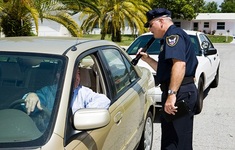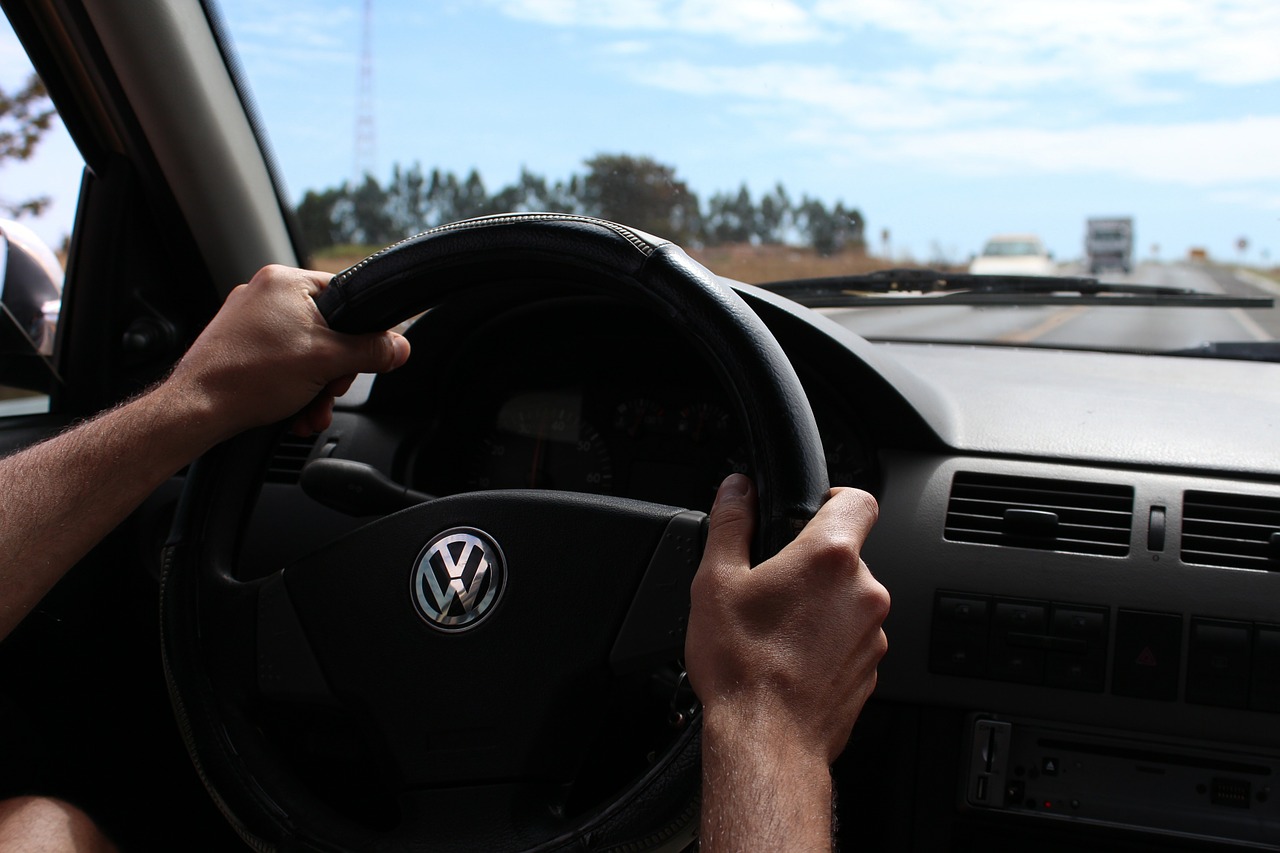In California, in order for a police officer to legally search a car without a warrant, he or she must either receive consent from the driver or have “probable cause” that the vehicle contains contraband or evidence of a crime. If an officer illegally searches a car, anything that is found in the search becomes void and cannot be used in court.
Typically, whether an officer received consent- a simple ‘yes’ or ‘no’- is easy to determine. Whether or not the officer had probable cause to search a vehicle however, is not as black and white.
What is Probable Cause?
A police officer must have probable cause before he or she can lawfully make an arrest, undergo a personal or property search, or receive a warrant for an arrest. Common examples of probable cause include the sight or smell of contraband in plain view or plain smell, or an admission of guilt for a specific crime. The presentation of any of these facts would allow an officer to perform a search and make an arrest.1
People V. Waxler
In February 2012, as Sheriff Deputy Richard Griffin approached truck driver Michael Waxler’s vehicle, he smelled a strong odor of marijuana coming from inside the car. As he faced the driver, Griffin saw in plain sight a marijuana pipe on the bench seat with what appeared to be marijuana within it. The scent of smoked marijuana, in addition to the drug paraphernalia in plain sight, prompted the Deputy to search Waxler’s truck. During the search, a methamphetamine pipe and a small bindle containing suspected methamphetamine were found. Waxler was immediately arrested and charged with transportation of methamphetamine and possession of methamphetamine.
vehicle, he smelled a strong odor of marijuana coming from inside the car. As he faced the driver, Griffin saw in plain sight a marijuana pipe on the bench seat with what appeared to be marijuana within it. The scent of smoked marijuana, in addition to the drug paraphernalia in plain sight, prompted the Deputy to search Waxler’s truck. During the search, a methamphetamine pipe and a small bindle containing suspected methamphetamine were found. Waxler was immediately arrested and charged with transportation of methamphetamine and possession of methamphetamine.
Why Did Waxler Appeal?
In the appeals court, Waxler argued that the arresting officer did not have any reason to believe that he was under the influence of marijuana or any other drug, therefore Griffin did not have probable cause to search the truck.
Waxler also claimed that he was in possession of a “215 card.” A 215 card allows an individual to possess marijuana for medical purposes. According to the arresting Deputy however, Waxler did not present the card to him until after the search was conducted and the illegal substances were found.
What Happened to the Case?
At the conclusion of the hearing, Waxler’s appeal was denied and he was forced to face drug charges. In the court of appeals decision, the court explained that the defendant would have had a valid defense if Waxler had presented the card to the office prior to the search of the vehicle. The marijuana odor, paired with the sighting of drug paraphernalia supplied Deputy Griffin with enough probable cause to legally search Waxler’s car without a warrant.
Contact Wallin & Klarich Today if You Wish to Appeal Your Criminal Conviction or Sentence
If you or someone you love is interested in appealing a criminal conviction or sentence, you need to contact our attorneys at Wallin & Klarich today. Our attorneys have over 30 years of experience successfully challenging criminal convictions and sentences through the appeals process. Hiring an attorney from Wallin & Klarich gives you the best possible chance to have your case thoroughly reviewed to determine if any legal errors were committed.
With offices in Los Angeles, Sherman Oaks, Torrance, Tustin, San Diego, Riverside, San Bernardino, Ventura, West Covina and Victorville, our attorneys at Wallin & Klarich will fight to protect all of your constitutional rights. We will aggressively defend you during every step of your case.
Call us today at (888) 280-6839 for a free telephone consultation. We will be there when you call.
1. [http://www.flexyourrights.org/faqs/probable-cause/]↩


